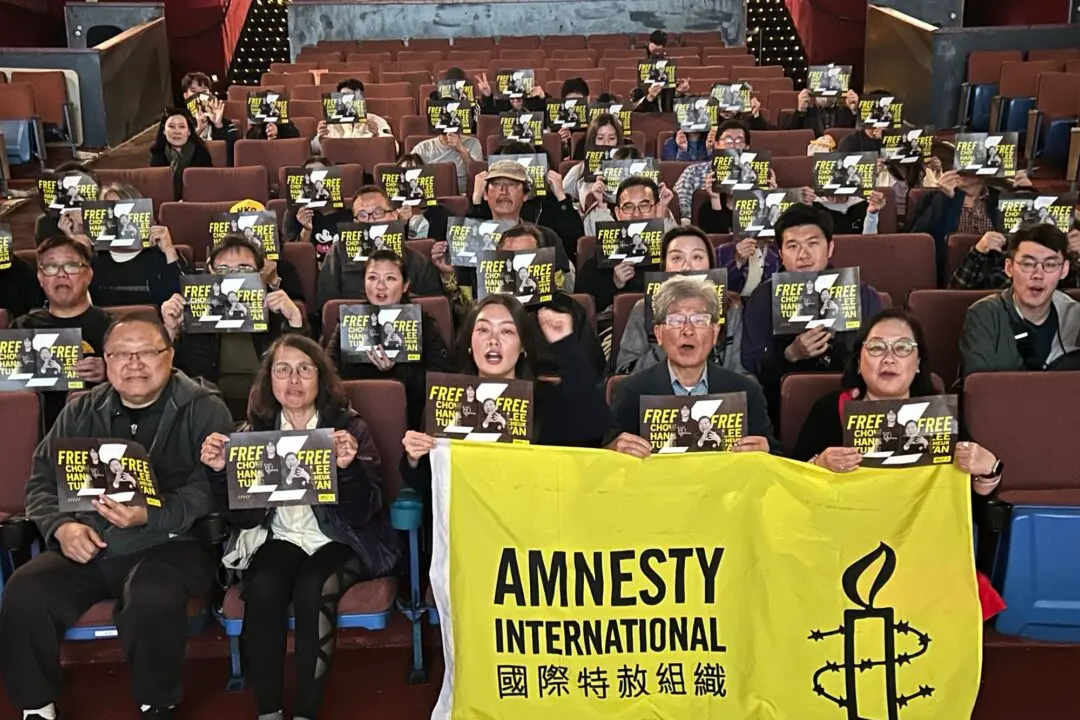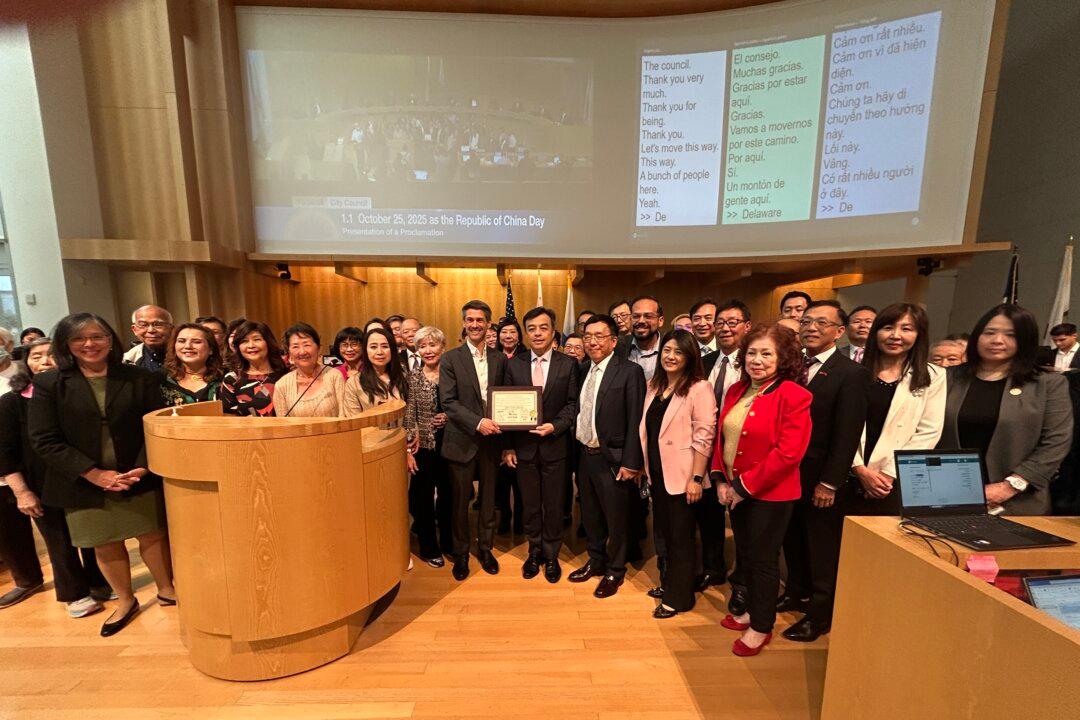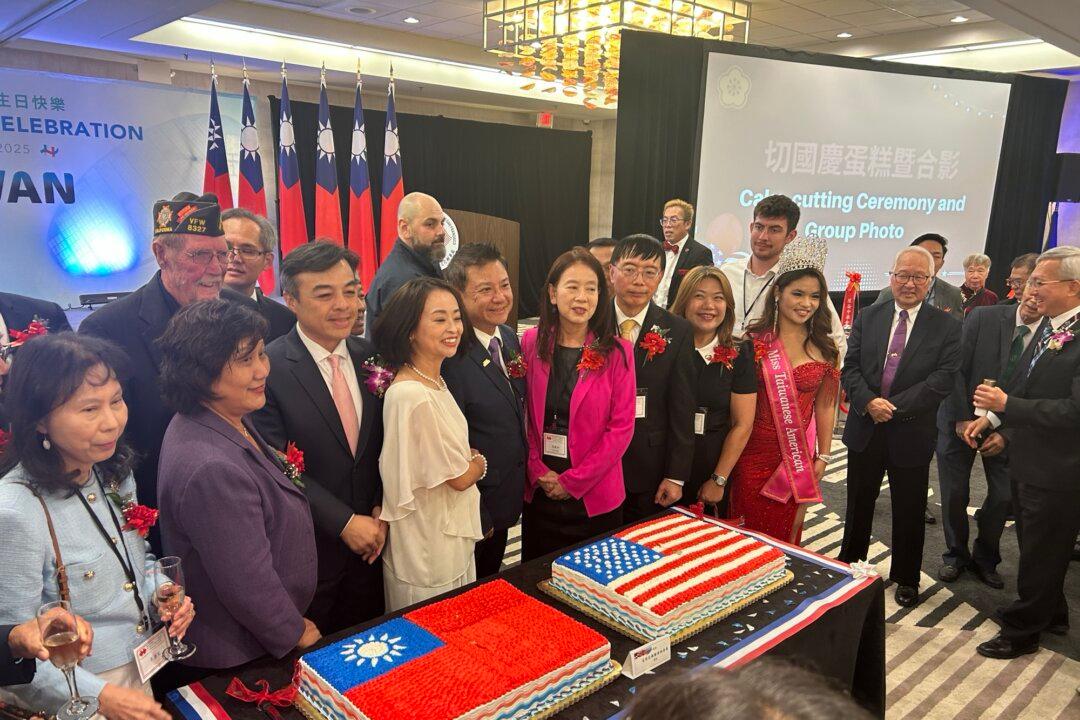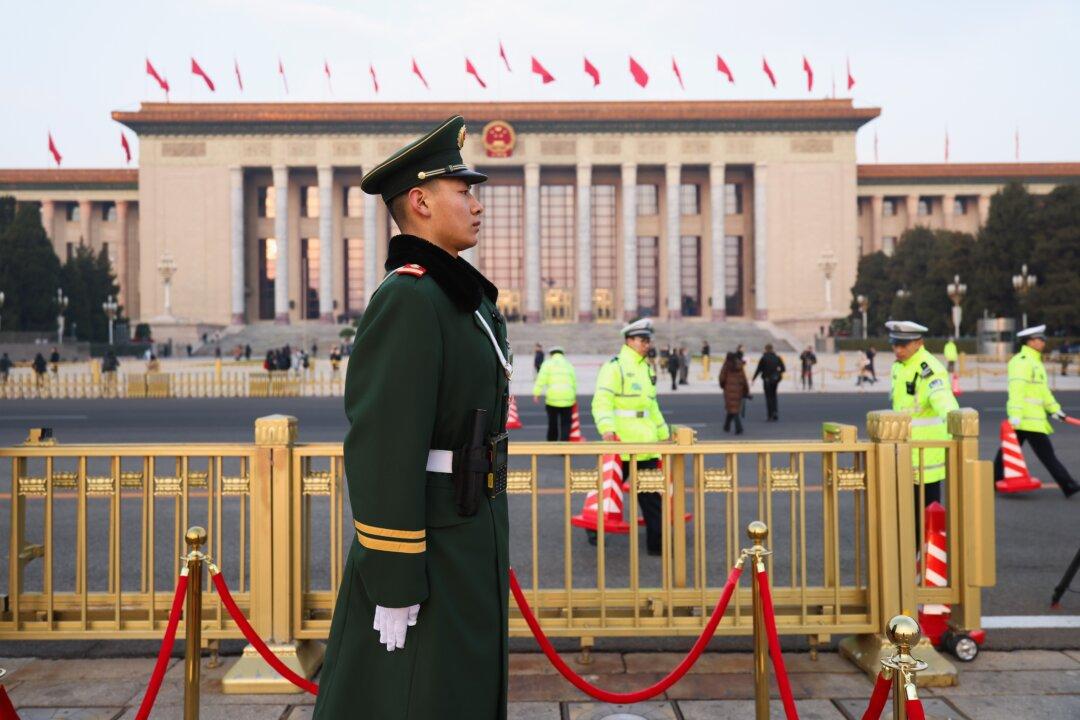LODI, Calif.—With less than four weeks before the midterm elections, Republican congressional candidate Marla Livengood is busy running a campaign in a district she said has mostly been forgotten by Congress.
“I really feel that we have been forgotten here in this district,” said Livengood, a wife and mother of three children who grew up in Lodi, a city of 70,000 people in California’s 9th Congressional District. The district has a few small cities, with large areas of farmlands, and agriculture-related industries.





